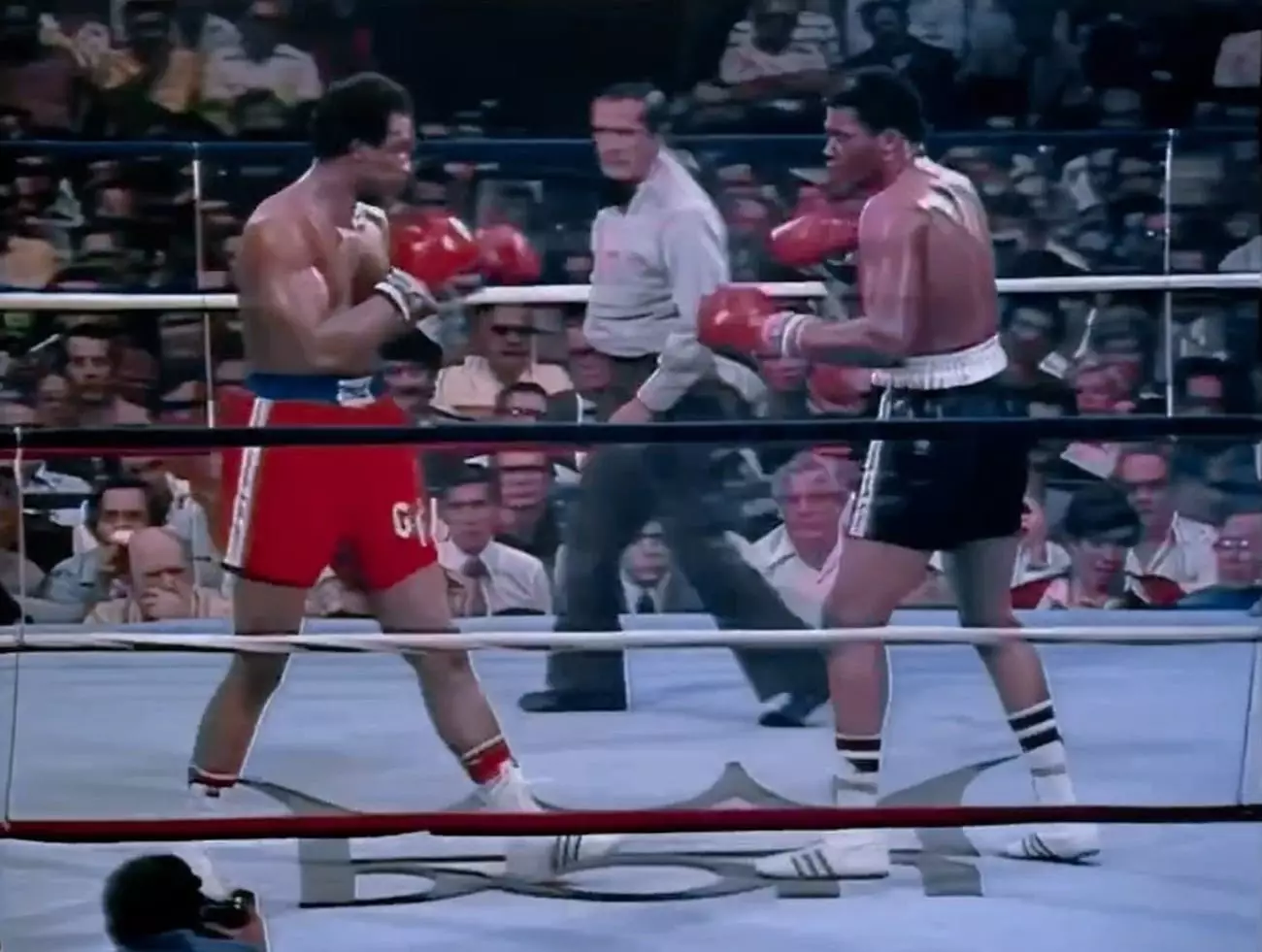Ron Lyle is a name that resonates deeply within the annals of boxing history, particularly in discussions surrounding the most formidable punchers the sport has ever known. As a heavyweight contender, Lyle faced two of the hardest hitters—not just of his time but of all time—Earnie Shavers and George Foreman. Both battles bore witness to the breathtaking resilience and ferocity of a fighter who remains underappreciated, especially considering his era was crowded with legendary names.
In 1975, following a title fight loss to Muhammad Ali, Lyle was presented with an almost insurmountable challenge: face Earnie Shavers, a man notorious for his knockout ability. Most critics would have labeled the scenario a mismatch—after all, Lyle was coming off a difficult defeat while Shavers was riding the wave of his explosive power. However, Lyle did the unthinkable; after absorbing a knockdown in the sixth round, he rallied to secure a dynamic victory over Shavers. This battle is often recognized as a significant chapter in Lyle’s career, primarily because it showcased not only his punching power but also his indomitable spirit.
Fast forward to January 1976, and Lyle entered the ring against George Foreman in a bout that holds a cherished place in boxing history. Referred to as the Foreman-Lyle slugfest, this match witnessed Lyle knocking Foreman down—not once but twice—before succumbing to a fifth-round stoppage. For many fans, the exchange of lethal blows cemented Lyle’s reputation as a warrior of unmatched grit. These two bouts alone position Lyle uniquely to address a long-standing debate in the boxing community: who is the harder puncher, Shavers or Foreman?
Lyle’s perspectives on Shavers and Foreman reveal an intriguing dichotomy between their respective punching styles. In interviews, Lyle spoke candidly about his experiences with both fighters, stating, “Foreman was a puncher; he was a good puncher, but the best puncher that I ever faced was Earnie Shavers.” This admission is surprising, not just because Foreman famously knocked him out, but due to the sheer number of knockouts (40) Shavers secured in the first round of his fights.
What makes Lyle’s insights so valuable is his ability to articulate the differences in their power. He described the sensation of being hit by both fighters: with Foreman, it was an explosive impact that felt as if the ground itself was rising up to meet him, while Shavers presented a shocking effect that left him reeling. “When Foreman hit me, the floor came up to meet me! Shavers, he hit me, and it was more of a shock effect,” Lyle recounted. This distinction emphasizes the different kinds of power both punchers wielded, illustrating why Lyle cherished the opportunity to square off against both.
Lyle’s legacy transcends the simple statistics of wins and losses. His ability to engage in thrilling bouts during a golden era in boxing places him among the giants of the sport, even as he passed away in November 2011. Shavers, himself a fearsome competitor, once remarked that Lyle had delivered the hardest shot he ever received in his career. Perhaps this mutual respect among contemporaries speaks to the depth of Lyle’s power and skill.
On the 49th anniversary of the iconic Foreman-Lyle fight, the boxing world is reminded of Ron Lyle’s contributions. He was a giant among heavyweights who, despite never winning a world title, encompassed the spirit and tenacity of true champions. As George Foreman aptly summarized it years later, Lyle was a remarkable fighter, one who left an indelible mark on both his opponents and the sport itself.
In any discussion about the best heavyweights, Ron Lyle should be at the forefront—a testament to a boxer who fought with heart in an era defined by ferocious talent. It is a fading era, but Lyle’s legacy endures through the very sensibilities of the sport he adored. As we remember him today, we celebrate not just his fights but the resilience and respect that characterize the sport of boxing itself.


Leave a Reply